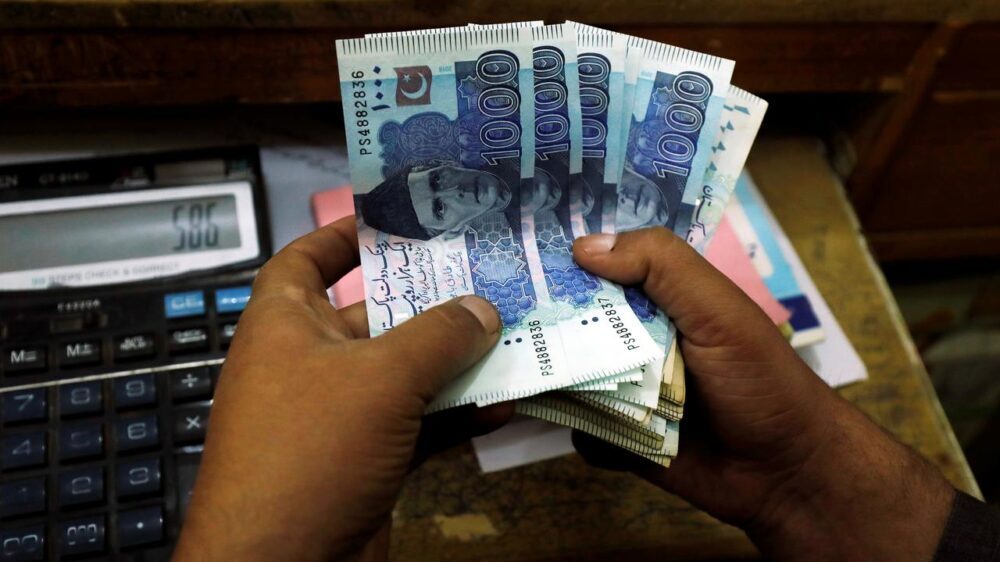The total cost of a Grade 21 civil servant officer is estimated to be 12 percent higher than that of a United Nation’s (UN) national officer, a study carried out on “Civil Service Compensation: Incentives, Dissatisfaction and Costs” by Pakistan Institute of Development Economics (PIDE) revealed.
In addition to direct monetary remunerations, the civil servants also enjoy in-kind benefits worth billions of rupees. These include housing, vehicles, job security, and medical allowances.
The public-owned houses have a minimum market value of Rs. 1.45 trillion and can generate an annual rental income of Rs. 10.75 billion. The report also outlined that the cost of using an official car exceeds the basic salary of employees in BPS 20-22.
In addition to the medical allowance, approximately Rs 2.3 billion monthly are incurred on civil servants’ medical bills. Furthermore, such perks are not linked to performance and efficiency.
The World Bureaucracy Indicators of the World Bank estimates that the public sector wages in Pakistan are 53 percent higher when compared to the private-sector wages.
Authored by the Vice-Chancellor of PIDE, Dr. Nadeemul Haque, Omar Siddique, and Naseem Faraz, the study looks into some key issues within the civil services that include: cash payments, non-cash rewards, inequality in the distribution of perks, waste of precious land for housing, pay and performance disconnect, a bias between cadre and non-cadre officials, and marginalized specialized groups.
The report reveals that the non-monetary benefits for civil servants are higher than their private-sector counterparts, with 80 percent of the private sector workers having no non-monetary benefits. In contrast, almost 80 percent of public sector employees have more than three non-salary benefits.
The public sector pension systems are also rather generous. The pension is calculated as 70 percent of the last drawn basic salary at the time of retirement. In the private sector, only those employees receive after-retirement benefits who work in the formal sector. The informal sector employees do not have any such system for their security in old age.
The report suggests that the monetization of all the perks could reduce the disparities within the structure. It also recommends that government housing must be monetized as the government housing assets have a market value of approximately Rs. 1.45 trillion. The government can receive this value after releasing the government housing assets in Islamabad to the private sector boosting the construction industry.
The investment can be made through public-private partnerships for commercial activities, social infrastructure (libraries, recreation, community spaces), and low-cost housing. The reform can increase the accommodation capacity of the land by more than ten times.
The New Public Management (NPM) literature and international practices have enough reliable data to prove that the monetization of benefits and perks makes the system transparent.
As Pakistan is also progressing towards NPM, if the practices are also implemented here, the government can save Rs. 2.3 billion per month.
The report also said that there is a need to reduce the number of employees working in lower grades, who account for 85 percent of civil servants’ total wage bill.
Most of these jobs have become redundant, while the existing posts that are not occupied should also be abolished. It will release more sources to finance any revisions in the salaries as well.
The post Pakistani Grade 21 Officers are Earning More than UN’s National Officers appeared first on .


